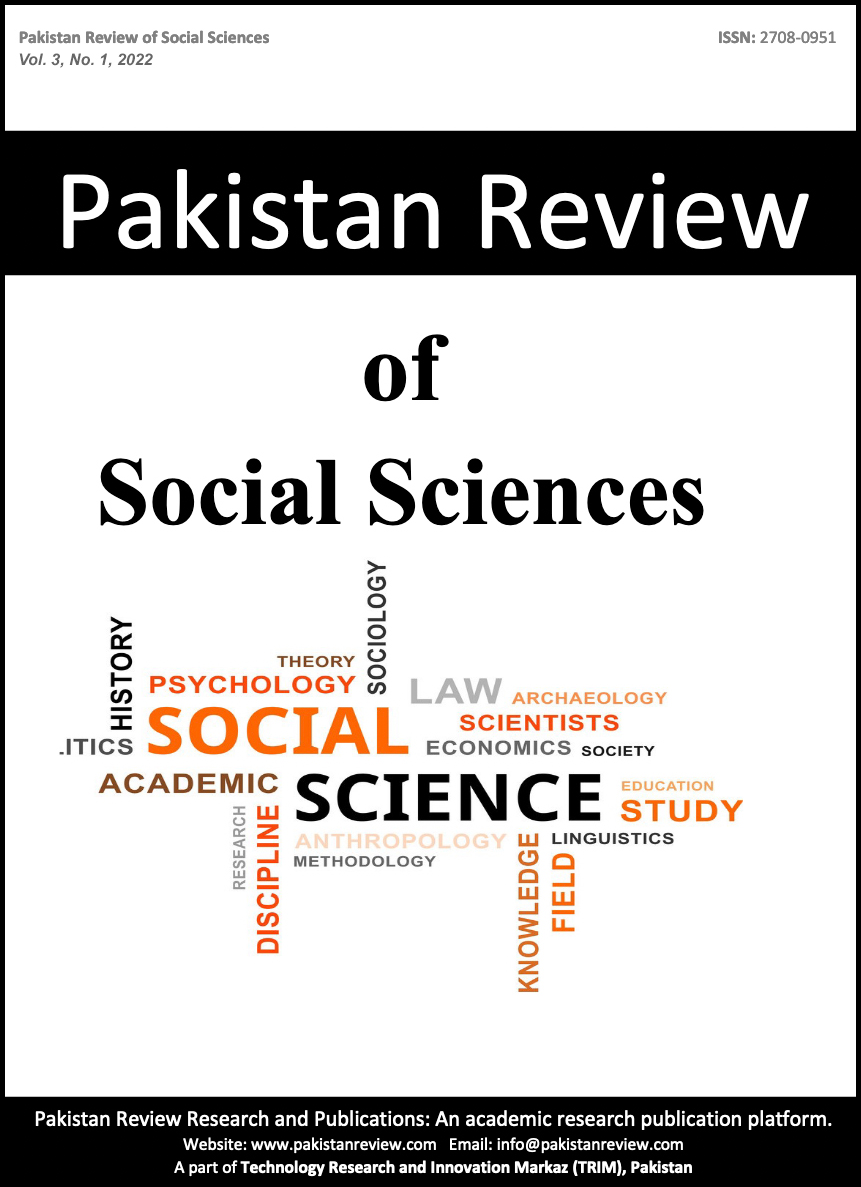An Inquiry in to the Causes of the Fall of Ayub Khan
Keywords:
General Ayub Khan, Dictatorship, Pak-India War of 1965, Basic Democracy, EBDOAbstract
General Ayub Khan usurped power in October, 1958 and declared himself as the Chief Martial Law Administrator by ousting the then president, Iskendar Mirza. He ruled the country for about eleven years before resigning from the post and surrendering power to the then Commander in Chief of Army, Yehya Khan. The fall of Ayub Khan was the result of many problems intruded in the Pakistani politics and society. The political alliances formed during the era were giving tough time to Ayub which were equally supported by anti Ayub movements by urban middle class, students, lawyers, labors and teachers. In such circumstances, it was hard for Ayub to continue and lastly surrendered power to Yehya Khan. This study covers an overview of the first military regime in Pakistan. The aim of this study is to discuss the fall of Ayub Khan, its causes and consequences. The study is qualitative and is based on secondary data. The research shows that the causes of the downfall of Ayub Khan were mostly political. Strong opposition from both parts of Pakistan forced Ayub Khan to handover the control to Yahya Khan. The consequences of Ayub's fall were good for that time because it brought about the restoration of parliamentary democracy and universal adult franchise. However, Yahya Khan's short era led to many disasters. The economic growth came to a very low point. The regional differences vastly increased after 1970 Election. The problem of transfer of power led to severe army actions in East Pakistan.
Downloads
Published
Issue
Section
License
Submission declaration
Authors retain the copyright to their work and grant the Pakistan Review of Social Sciences (PRSS) the right of first publication under a Creative Commons Attribution 4.0 International (CC BY 4.0) license. This license allows others to share, adapt, and reuse the work for any purpose, including commercial use, as long as appropriate credit is given to the original authors and the journal.
By submitting a manuscript, authors confirm that the work has not been published previously (except as an abstract, lecture, or academic thesis), is not under review elsewhere, and has been approved by all authors and relevant authorities. Once accepted, the article will be openly accessible under the CC BY 4.0 license, ensuring wide dissemination and reuse with proper attribution.






